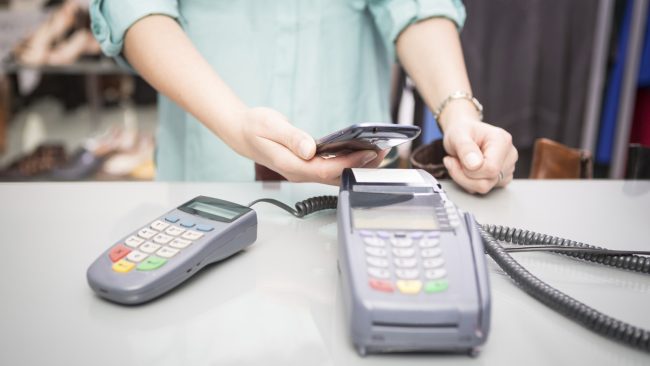As cash payments decline, card machines have become essential for businesses. But choosing the right one requires a few key considerations.
Whether you’re looking for a sleek addition to your shop counter or something that can be taken out and about, there are plenty of options available. Here are the top tips to consider before making your decision.
Cost
A credit card machine is a crucial tool for many businesses, but it can be expensive. There are multiple costs involved, including the hardware itself, software, and transaction fees. It is important to weigh the options carefully and choose the best one for your business.
Traditional credit card machines (also known as point of sale (POS) terminals) are designed for face-to-face transactions and have a chip or swipe reader, a PIN pad, display screen, and printer. They require a phone line or Wi-Fi connection to connect to the payment network. They also need a merchant account set up to process the transaction.
Modern businesses need more agile and flexible solutions, which gave rise to portable and mobile card machines. These sleek machines work with 4G mobile connectivity or Wi-Fi and can be used at a restaurant table, pub garden, food truck, market stall, or anywhere else. They can also automatically sync with sales reports and inventory.
Security
In addition to ensuring transactions are processed smoothly, card machines also take a number of security measures to protect customers from fraud. For example, encryption scrambles data transmitted between the machine and the customer’s bank so that only authorised parties can access it. This helps to ensure that sensitive information like card numbers are not stolen. Alternatively, tokenisation can replace sensitive data with unique symbols that are harder for hackers to access.
Despite these security measures, there are still a number of scams that can be carried out by fraudsters using a card machine. For instance, a fraudster may buy a card machine identical to the shopkeeper’s and swap it over without the shopkeeper noticing. To prevent these types of scams, it is important to regularly perform a daily sales reconciliation between your point of sale (POS) system and your card terminals. This will highlight any discrepancies and alert you to possible tampering.
Flexibility
The payment industry is constantly evolving and changing, so it’s important for businesses to keep up with the latest developments. One way to do this is by embracing card machines, which are a key part of any business’s point-of-sale (POS) system.
These devices come in various forms, including countertop terminals, portable and mobile card readers, and integrated POS systems. Regardless of the type of machine you choose, it should have flexible features to meet the needs of your business and customers.
For example, your POS should clearly inform customers about any credit surcharges. This will help prevent legal disputes and customer dissatisfaction. Likewise, it’s worth providing workers in the field with portable or mobile card readers to make payments from customers on the go. These sleek devices work on Wi-Fi or 4G mobile connectivity and can be taken anywhere as long as they stay within range of their base unit. This flexibility can be particularly useful for pop-up shops, market stalls or other mobile venues.
Convenience
Card machines connect with a payment network to verify transactions and transfer funds. This helps to protect your business from fraud and prevents money laundering. They also maintain a transaction history for record-keeping and dispute resolution. Some machines offer a PIN pad and swipe slot for magstripe payments, while others support online payments and other card-not-present transactions.
Portable and mobile card machines use Wi-Fi or 4G mobile connectivity to process card payments anywhere. They can be taken on the road, to your pub garden or used at food festivals up and down the country – so long as you have a good mobile signal.
The machine will read the data from the card chip or contactless card, verifying the transaction with the bank. It will then send a confirmation of the sale to your EPoS system and print a receipt for the customer. Some machines can also void or cancel transactions, which will revert the amount back to the customer’s account.
